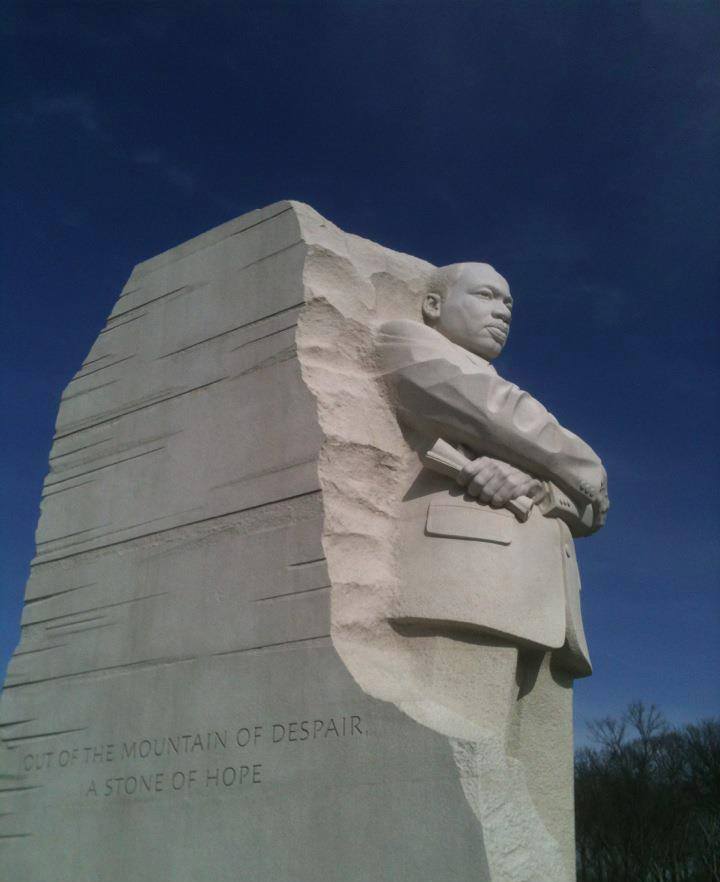
Today, 263 million children and youth are not in school, and another 330 million are in school but not learning. According to the report from the International Commission on Financing Global Education Opportunity if we continue with business as usual, in 2030 less than 1 in 10 children in low income countries will be on track to acquire basic secondary school level skills and more than 1.5 billion adults will have only a primary education. As the Commission notes, “Education is a human right, a civil right, and an economic imperative.”
Especially on this day honoring Dr. Martin Luther King, Jr. and the civil rights movement, it is vital to recognize that unequal access to quality education violates children’s rights and affects all of our futures. Dr. King said, “I have the audacity to believe that peoples everywhere can have three meals a day for their bodies, education and culture for their minds, and dignity, equality, and freedom for their spirits.”
Children from marginalized groups — girls, those living in poverty, and people with disabilities — continue to be excluded from school entirely, to drop out, or to receive a low quality education at much higher rates than their more advantaged peers. We can and must ensure all children get quality education. To do so, it is imperative that we unlock children’s barriers keeping them from quality education — whether those obstacles be unattainable school fees, untrained and unsupported teachers, lack of schools, the push for children to work and marry young, or other barriers.
Education is the great social equalizer and access to free, high quality schools can level the playing field for disadvantaged children. Giving children the chance to go to school will open more and better opportunities for them in the future and provide the chance for them to escape the cycle of poverty. Educated girls, for example, tend to marry later, have healthier children, and earn higher incomes. Additionally, education has been shown to reduce the likelihood of instances of violence and unrest. Schools can also serve as critical protection for children and youth, shielding them from dangerous alternatives such as child labor, child marriage, and other terrible forms of abuse and exploitation.
Through the Sustainable Development Goals, world leaders committed to ensuring “inclusive and quality education for all” by 2030. To end poverty and achieve all of our human rights goals, we must invest significantly in quality education and ensure that all children, in particular those most likely to be left behind, are not denied this fundamental right. Education can give children and youth critical skills and competencies for the workplace, fueling economic growth and development for all. Education is essential to sustainable development, equality, stability, and peace.
If we respond more comprehensively to this global crisis now, it can be achievable for everyone to have access to quality education by 2030. Our nation’s Supreme Court declared “separate but equal” education unconstitutional in 1954, yet we are still struggling to overcome inequities. This is the day to rededicate ourselves to the cause of education and equality, and to do everything we can to level the playing field for children throughout the world.
Jennifer Rigg is the Executive Director of the Global Campaign for Education-US (GCE-US). GCE-US, a coalition of over 80 organizations, promotes access to quality education as a human right and mobilizes the public to create political will in the U.S. and internationally to ensure universal access to quality education worldwide.

